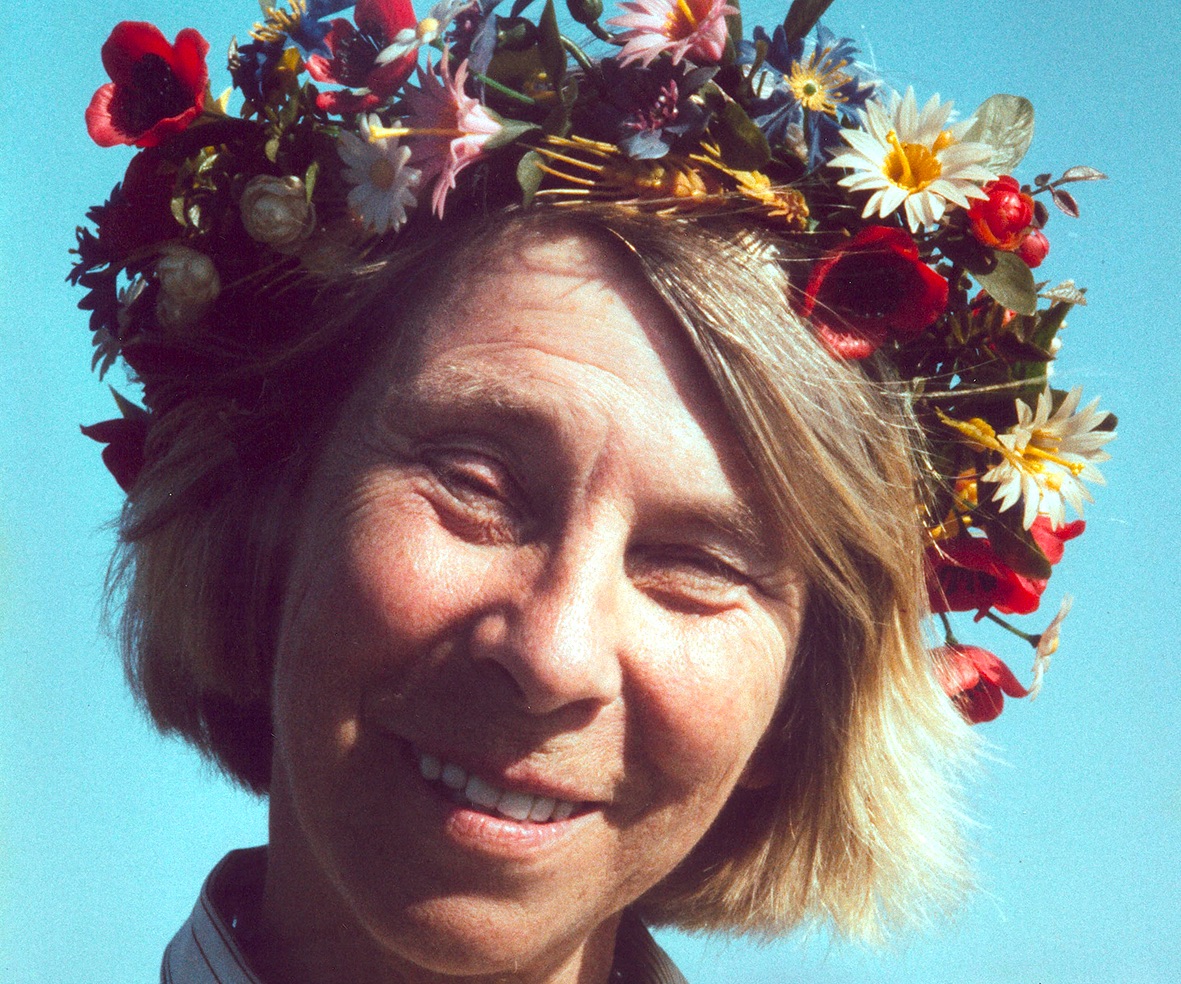I’m mistrustful of year-end lists, especially best-ofs. I didn’t get to all the books I wanted to read (or write about) this year, though a number of the ones I liked have appeared in this column over the past twelve months. For my last selection here in 2015, I’ve chosen a book that’s old (originally published in 1997) and new (reissued this year) and that I’ve only just finished: Gary Indiana’s Resentment. I read the novel with great pleasure and with a kind of deep attention that I can’t summon for all books, though I might want to. In that respect, it has come as a year-end gift, despite the fact that it trolls America’s darker instincts. The novel circles around a murder trial in Los Angeles that is based on that of the Menendez brothers’ parricide in 1994 and follows the peregrinations of Seth, a reporter who is both attending the trial and writing a celebrity puff piece. The swirl of Seth’s various encounters, the details of the trial, and the seediness of wealth congeal into an ugly mass that so aptly captures the tabloid heart of America. Perhaps because this time of year is acutely, sordidly commercial, I found the novel’s every line to be viscerally true. —Nicole Rudick
One book stuck with me all year—Mark Greif’s atmospheric history The Age of the Crisis of Man: Thought and Fiction in America 1933–73. Alternate subtitles might include “Books Your Parents Studied in College, and Why Nobody Studies Them Now,” “The Origins of the Culture Wars,” or “Are You Serious: The Rise and Fall of the Great American Novel.” None of these screams best seller, but if you grew up equally confused by Jean-Paul Sartre and Henderson the Rain King, this may be the book for you. —Lorin Stein
Parts of Alexandra Kleeman’s You Too Can Have a Body Like Mine keep coming back to me at odd moments: when I see a particularly over-stimulating advertisement, when my stomach burbles in a certain way, when evangelical types start to raise their voices on the subway. Of the novels I read this year, You Too is the one I’ve had the most trouble shaking. By creeping several degrees to the left of realism, it captures the bewildering experience of inhabiting your own body, navigating the blur of generic office buildings and cookie-cutter homes and big-box stores that accounts for so much of the nation. To live, love, eat, and shop in contemporary America—what a frightening thing. And who, after weeks of holiday gluttony and hangovers, wouldn’t return with deep empathy to a passage like this? “I felt a smothered hunger beating out from the unseen places inside my body. I felt corseted in skin. I wanted to turn myself violently inside out. I wanted to throw myself into the outside and begin tearing off chunks of it for food.” —Dan Piepenbring
Some of the most indelible lines of poetry I’ve come upon this year are from Donald Hall’s new collection, Selected Poems. The book is a compendium of Hall’s finest work, self-chosen, stretching the breadth of his life, and it’s a pleasure to read—I’ve folded more corners in this book than in any other I’ve finished recently. Its pleasure is tethered to Hall’s rather morose, methodic verse, which sinks my heart with every reading. He writes about the birth of a son (“My son, my executioner … ”), a lover’s betrayal (“ ‘I wanted to sleep neither / with her nor without her … ’ ”), the deaths of fathers and of wives. And then there are other poems, on noses and urinals and naps and peonies, that deliver the same somber thoughtfulness. At eighty-seven, Hall has given up on poetry; he can’t write it, he says. So I’m grateful for this sort of final bow. By the book’s end, the reader says farewell to Jane, Hall’s late wife whom he wrote often about, to youth, to the poet himself. From “Affirmation”: “Let us stifle under mud at the pond’s edge / and affirm that it is fitting / and delicious to lose everything.” —Caitlin Youngquist
Since reading Stephen Clingman’s memoir Birthmark in the first quarter of 2015, its powerful afterimages have delighted, haunted, and challenged me on an almost daily basis. At the age of two, Clingman had a birthmark removed from the lid of his right eye. After the surgery it returned, partially impairing his vision: “the flap was half there, half not, a strange kind of layering, grafting, chimera. So I had to confront the world like that after all, except not exactly as I had before, unadulterated. What had been my eye was now also a wound.” Clingman writes a thoughtful and affective memoir; it tracks many personal, intimate, uncomfortable, and nourishing memories under the sign of the wounded eye—a lens of pained vision. The jumps across time, place, and modes of address capture a kind of mnemonic chaos. You can picture him hastily grasping at memories and putting them to paper before they flitter away. Nevertheless, each sentence is assiduously crafted and self-contained. Each signals a care at odds with the welter of form and memory. If the end of year is a time for self-reckoning, this book will set those circuits of reflexivity in motion. —Joshua Maserow
On the cash registers of a certain kind of New York City bar, you can find a sticker with phrase I MISS OLD NEW YORK printed in Goudy Old-Style font. Every time I see it, I’m reminded of Joseph Mitchell. The anthology Up in the Old Hotel, which includes stories published in The New Yorker from 1938 up to his last in 1964, serves as a great introduction, and it was a favorite of mine this year. Mitchell captured the lives of the kinds of New Yorkers who exist today only as myths: gypsies, fishmongers, oystermen, shad fishermen, a sidewalk preacher, the country’s most famous bearded lady, a fast-talking bum bankrolled by Tammany Hall big-shots. These various characters frequently lament the demoralization of society brought about by Wall Street, the death of skilled trades like fishing, and the alienation caused by technology—several rail against the automobile in particular. Their complaints are especially poignant in the New York City of the present, where there are similar threats to a dying way of life, represented by empty pied-à-terres packed in polished glass towers. Denizens like old Joe Gould, arguably Mitchell’s most well-known subject, would be vilified in today’s New York, where nonconformity is respected only so far as it conforms to the ideals of a privileged creative class. Up in the Old Hotel is a requiem for the perpetual death of the “real New York.” —Andrew Jimenez
I've mentioned it before, but I think it bears repeating: Tove Jansson’s Fair Play—rereleased by NYRB Classics—is great. The series of autobiographical vignettes about two artists living on a remote Finnish island is a deft, unsentimental portrait of a long-term relationship between two creative people. Often peculiar, often touching, it’s quintessential Jansson (fans of her Moomin series will recognize the voice) but as fresh and viral as anything I read in 2015. —Sadie Stein
On the off chance you missed its featuring in this year’s Paris Review book club—and to add another voice to its twenty-four-year history of universally glowing reviews—Norman Rush’s Mating tops my list as the best writing I encountered in 2015. In Rush’s own words, it’s a novel “primarily about courtship and mating: a romance set in a utopian development.” But, of course, it’s so much more than that—and its manifold explorations play out through the mind of one of literature’s headiest and most incisively captivating narrators. For a particularly satisfying holiday-season reading schedule, pair Mating with Rush’s (and his wife Elsa’s) 2010 Art of Fiction interview—and, if you're a quick reader, add Whites or Subtle Bodies to the mix. —Stephen Andrew Hiltner



Niciun comentariu:
Trimiteți un comentariu